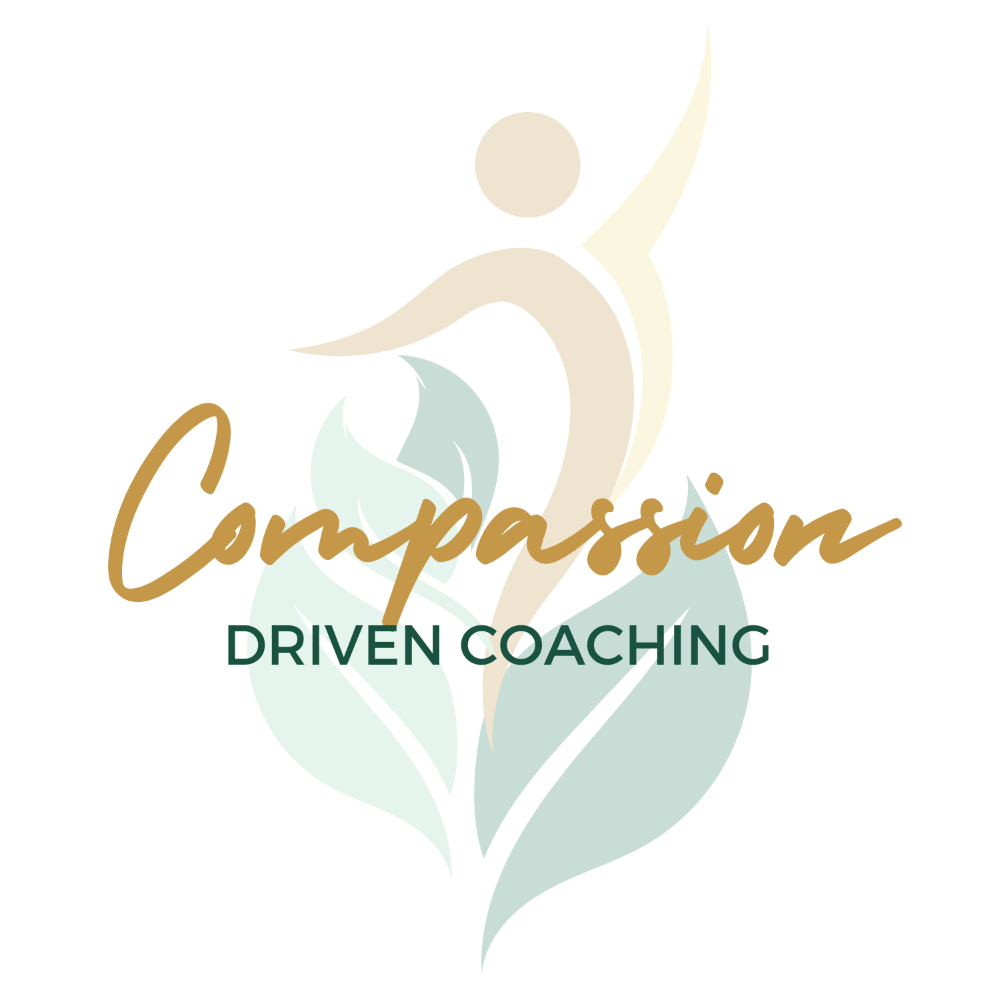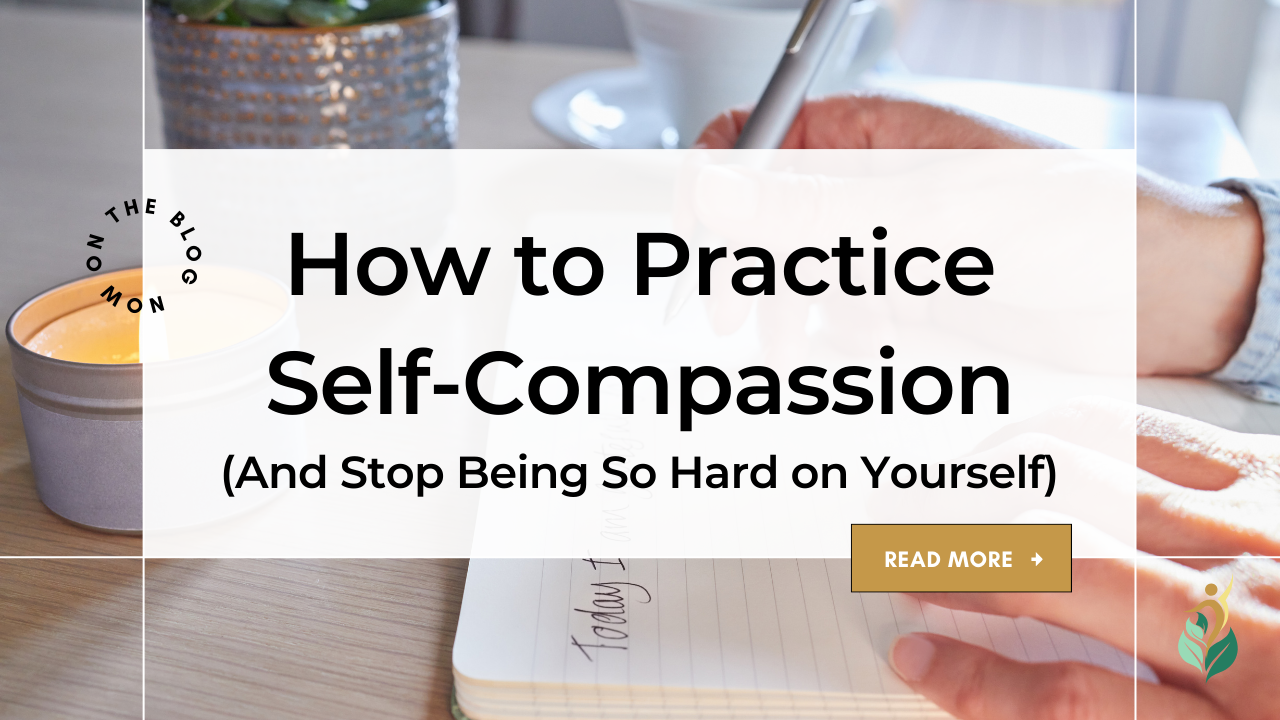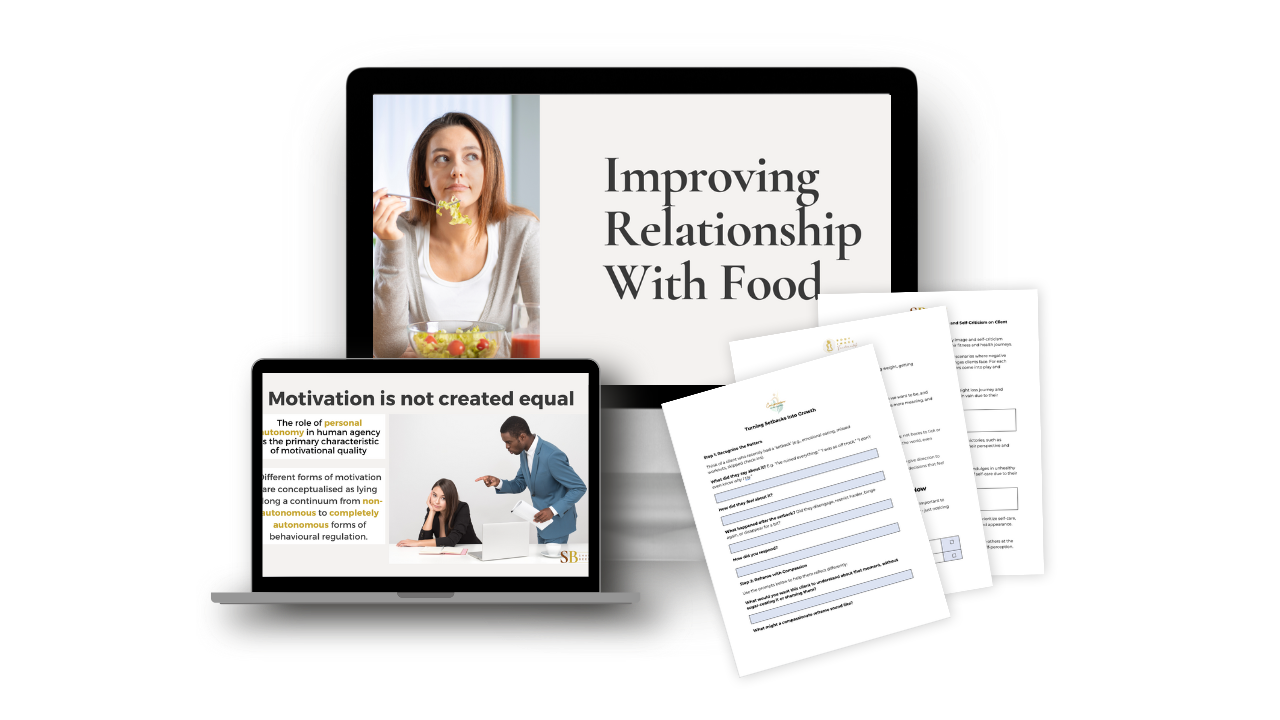How To Plan Your Time As An Online Health Coach
Aug 17, 2024
Running a coaching business is tough. You’re wearing a lot of hats: coach, student, CEO, marketer… not to mention the roles you occupy in your life outside of work. So how do you manage your time to juggle all the things? In this article, I’ll be diving into how to plan your time when you are trying to grow a successful coaching business. We’re aiming for a system that allows you to create efficient, high-quality work without sacrificing your personal life.
But first, a caveat.
The biggest mistakes coaches make when it comes to time management? Unrealistic expectations about how much you can get done to a high standard on a given day.
It's like going to the gym. You would not have the energy to squat for hours on end, right? At some point, you’re just doing junk volume. You know that rest and recovery are an essential part of progress.
So why do we expect our brains to focus for hours on end without a break?
There is a cultural belief that entrepreneurship involves grinding all day long until your business is off the ground. Now don’t get me wrong, building a business is not always easy. Especially if you’re juggling a job, a family, or studying. And yet, the reality is that so much of overworking is a result of being unrealistic with your expectations and ineffective with your time.
I know what you’re thinking.
‘But how do I get a grasp of my actually capacity? How do I know that I’m not just making excuses when I’m resting?’
Get the foundations in place first, then see what you can do within the time that you have. Sidenote: If you have trouble sitting still and feel like you need to always be productive, there’s a high chance you’d benefit from developing self-compassion.
Step One: Revisit Your Core Values
You’re building your business for a reason - to support the life you want to live. If you build your business with stressed out, frantic energy, there’s a high chance that’s the way you’ll maintain it. There will always be more coach development to do, more knowledge to acquire, more offers to create, more money to make… And that’s part of the fun! So don’t kid yourself that you’ll slow down when you ‘arrive’. If you struggle to manage your time (and expectations) now, you’ll continue to struggle when the stakes are even higher.
Consider this: why are you building your business in the first place? What kind of life do you want your business to support?
For me, I want to be present with my loved ones, to connect with my friends, to study freely, to travel as I please, and to eventually raise a family. So if I feel like I don’t have time to energy to read, time to enrol in a course, or the capacity to see friends and family…I’m out of touch with my values.
Step Two: Get Clear On Your Priorities
Do you have clear goals in your business? Do you know what the priority is right now? What are you choosing NOT to prioritise?
We don’t spend enough time intentionally thinking through our priorities. If you’re anything like the coaches I work with, you are inclined to want to do alll the things at once. You want to do further development, more study, keep up to date with everything, overdeliver for your clients, create new products, start a new content channel….
Stop. Get clear and prioritise.
Are you in the process of filling your one to one spots? Are you at a stage in business where you're thinking about creating a new course or other offer? Are you working on developing your skillset? What is actually a priority in your business right now? Given your priorities, what actions do you need to do on a daily or weekly basis?
Let’s say I’m trying to fill my client spots. My priorities would be serving my current clients, getting visible in front of new people, and nurturing my audience through my content.
Step Three: Schedule In Supportive Tasks
Supportive tasks are actions that help you to show up as the best version of yourself.
Lunch breaks, workouts, mid week yoga, coffee breaks with friends, date night, dinner plans, time to read and chill…What do you need to feel like you?
This might feel like a luxury right now.
But remember, the whole point of building a business is that you get to choose how you spend your time. Otherwise you’re just creating a job, without the benefits of regular employment!
Supportive tasks are essential for performing at your best. The trick to productivity is not just to optimise your working hours, but to be intentional with your hours outside of work.
Your supportive tasks go in your calendar FIRST. It’s up to you to hold boundaries around them. Your client wants to reschedule when you’d have your 10am Friday morning yoga class? The answer is ‘I’m not available at that time’.
So go ahead and get those tasks scheduled in now.
Step Four: Refine Your Recurring Tasks
Recurring tasks are things that need to happen in your business on a weekly or monthly basis.
This includes:
- Client calls/check ins
- Marketing, like content creation/emails/podcast etc.
- Doing your financials
How long do those tasks take you each week? Is there a way to make them more efficient?
If you find that you are educating clients on similar topics each week, can you create a resource that helps? That way you don’t have to spend time in sessions explaining things, and clients get access to high quality educational materials. Pro tip: include some engagement prompts for them to take action on.
If you are spending hours creating content each week, do you need a strategy and a system that helps be more efficient? Are you trying to squeeze content out between calls, or do you have a time blocked in your calendar so you’re not constantly task switching?
My current content flow looks like:
Record podcast —> transcribe —> article + newsletter —> 2 x IG posts
That way I’m ticking off:
- Long form content that nurtures
- Evergreen content that brings traffic to my website for years to come
- An email list of leads I own, and
- Social media for visibility.
I keep a bank of any content I create, so I can repurpose it further down the line. This means that I don't have to reinvent myself every time I need to create a post.
Since I know this is an essential part of my business, I spent some time really optimising this process. Now I can maintain a high output with relatively little time, which frees up more space in my calendar.
Step Five: Block time for project work
Do you take calls sporadically throughout the week? Do you respond to emails and messages immediately as they come in? Do you have 30 minutes here, 30 minutes there and you’re annoyed that you can’t be ‘productive’ in that time?
You need focus blocks in your calendar. Periods of uninterrupted time where you can work on things that move the business forwards. Whether that is improving your current service, creating a new offer or launching a program… you need chunks of time to work on it.
Step Six: Be A Better Planner
Do you have an accurate grasp of how long it takes you to do things? Or are you someone who overestimates your capacity and constantly feels frustrated that you're not doing enough? If so, you need a time audit.
- Time Audit: track an average working day. What are you working on? How long does it take? Analyse your time at the end of the day. Did anything surprise you? Are there tasks that you’re wasting time on? Energy leaks that you can clear up?
When creating a to-do list, how clear do you feel on the steps that need to be taken? Do you take notes and list to-do’s randomly and can’t remember where you placed them? If so, you need a task capturing system.
- Task Capturing System: a system that helps you keep track of the things you want or need to get done in a given day, week, month, etc. This could be a to-do list, a planner, or a project management tool like Notion. Throughout the day, I will keep note of all the to-do’s that come to mind in Notion and organise them into categories. I use the reminders on my phone to record content ideas. Everything has a place.
Planning is the easy part.
Following through with the plan, particularly when it comes to taking rest, is where the real challenge lies.
That’s why growth is the first pillar of building a successful business:

No matter what we do in business, we always have to come back to is managing ourselves and managing our expectations.
For many of us, our challenge is actually in stepping back a little bit instead of blindly powering through and working (poorly) all day long. It’s about putting just as much energy into building our lives, as we do building our businesses.
If I've got a plan with a friend and I think, ‘oh no, I don't really have time to go and see this person, I've got so much work to do…’ that is a clear red flag for me that I've been putting too much on my own plate.
What is the point in building your business if it takes away from the life that you want to live?
In summary:
- What kind of life do you want your business to support? Does the way you are currently spending your time reflect the things you value?
- Get clear on your priorities and which tasks are essential in your business
- Schedule supportive tasks into your calendar first
- Create systems for recurring tasks so you can work more efficiently
- Clear space for project work by including focus blocks in your calendar
- Get an accurate grasp of your time by doing a time audit
- Keep a task capturing system for ideas that pop up throughout the day
If you feel like you’re working 24/7 with nothing to show for it, and you want some clarity in your business, you can get on the waitlist for mentoring here. Spots open to the waitlist twice a year, for a July/January start. You’ll be the first to know when places are available.

Stuck In All Or Nothing Mode?
Your mind isn’t broken; it’s just running on autopilot.
Take the free Emotion System Audit and learn what's driving your patterns - and what to do when you feel overwhelmed or out of control.








